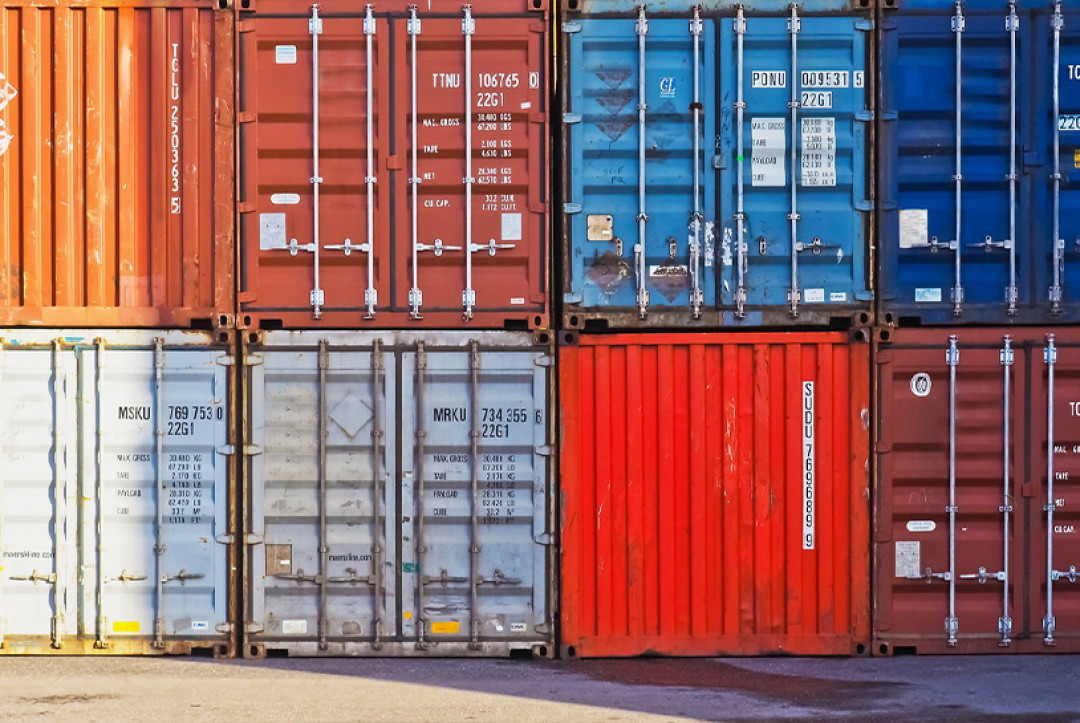
The 25 percent import tariffs on steel and aluminum announced by US President Donald Trump came into effect as planned on the night of 12 March. The EU is also affected.
The trade dispute with the USA is entering the next phase. Now that Trump's announced import tariffs of 25 percent on steel and aluminum have come into effect, the EU is preparing to retaliate. From April, the Commission wants to impose tariffs on US goods worth 26 billion euros, according to various media reports. As a first step, special tariffs on imports of US products such as bourbon whiskey, jeans, motorcycles and boats are to be imposed again.
US President Donald Trump had already ordered special tariffs on the import of steel and aluminum products during his first term of office from 2017 to 2021, justifying this "with national security interests". However, in the fall of 2021, the EU then agreed a standstill agreement with the administration of Trump's Democratic successor Joe Biden. As a result, the tariffs were largely suspended. Following his re-election, Trump is back on a confrontational course.
Foundry industry needs reliable trade relations
The USA is an important export market for the European economy, especially for the foundry industry. "The latest US tariff measures show how quickly geopolitical tensions can affect transatlantic trade," says Johannes Kappes, Secretary of the Economics and Statistics Commission at the European Foundry Federation (EFF). Stable framework conditions and reliable trade relations are essential for the European foundry industry. "Our industry is part of international value chains. Trade barriers between the USA and the EU not only make it difficult to source raw materials, but also to export European cast products," says Kappes. Protectionist measures on both sides would do more harm than good in the long term.
However, the Kiel Institute for the World Economy (IfW) assumes that the impact will only be minor. According to simulations, the US tariffs on steel and aluminum mean a short-term decline in real gross domestic product of just 0.02 percent for the EU economy. "These tariffs may have a symbolic effect as a protectionist measure in the sense of America-first, but ultimately they harm the economic interests of the USA," explains Julian Hinz, Research Director for Trade Policy at the IfW. However, the EU must remain vigilant and prepare for a possible escalation. "A strategic priority for Europe must therefore be the diversification of trade and the strengthening of economic resilience," says Hinz.
To support the ongoing analysis of global trade policies, the IfW has launched the Kiel Trade and Tariffs Monitor. The platform provides up-to-date information and structured data sets on the latest tariff changes.
Featured photo: Pixabay

